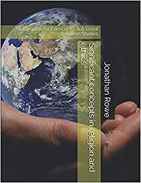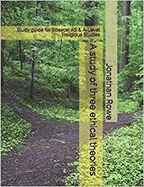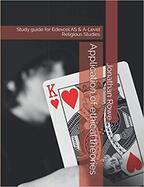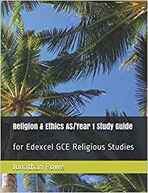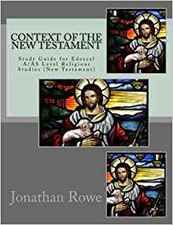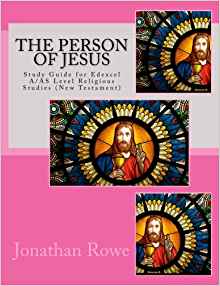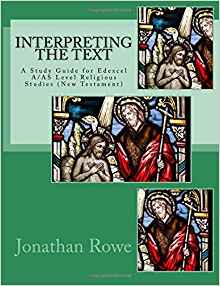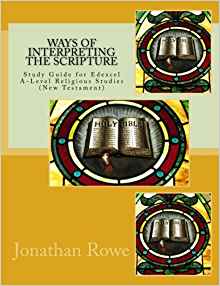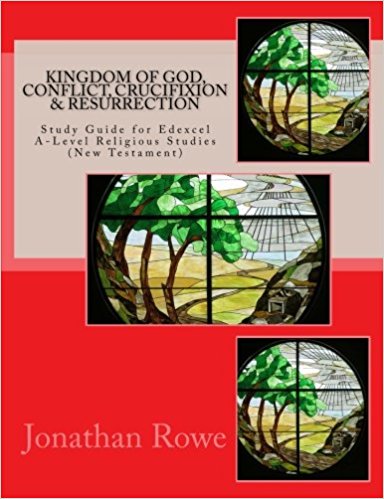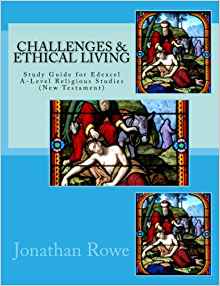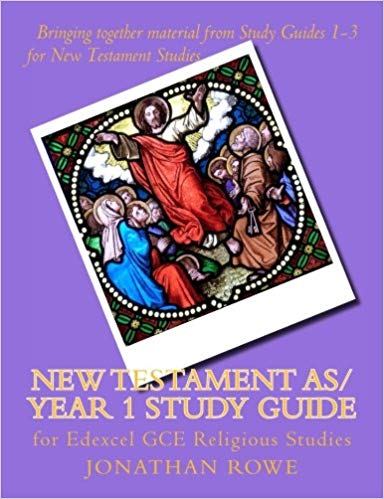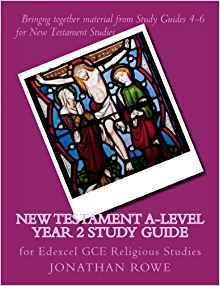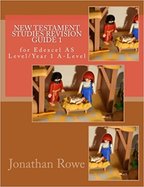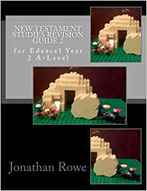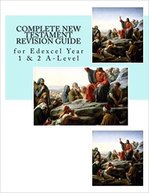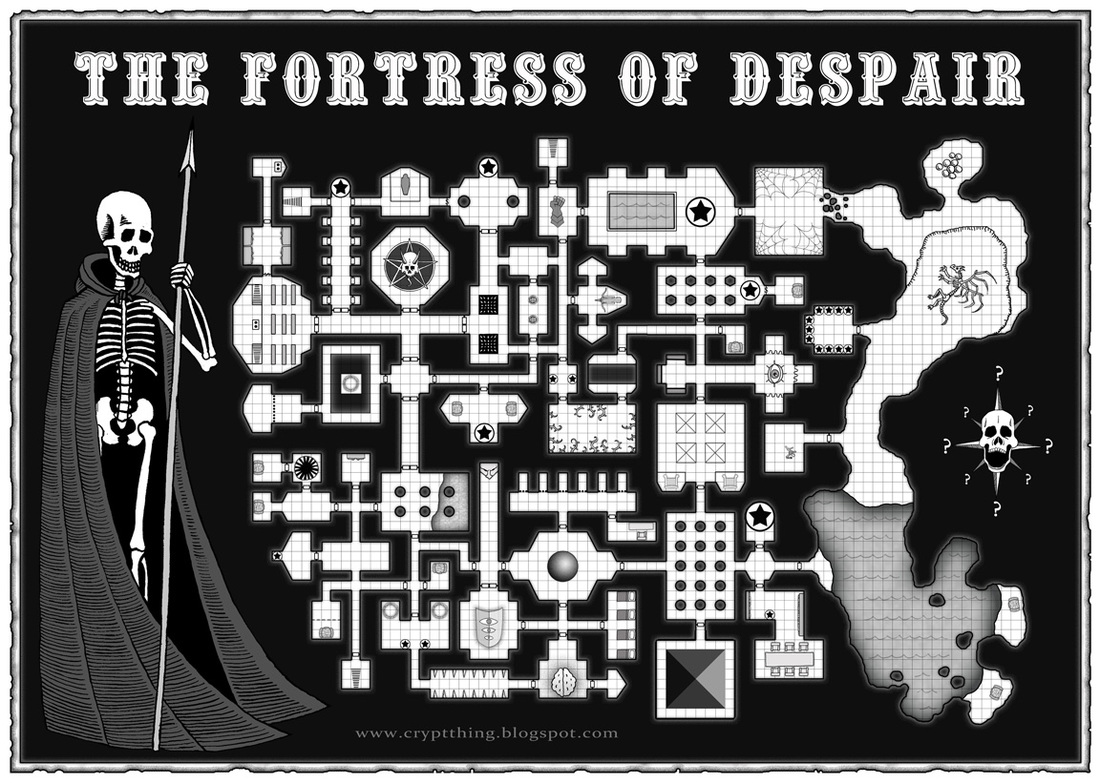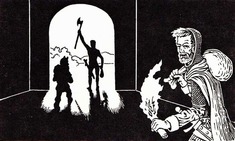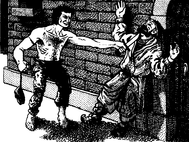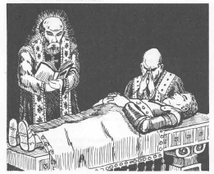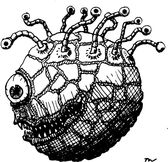Ethics (Unit 2) study guides now out
These take a lot of work to write! They cover the content for Unit 1 (Religion & Ethics), with examples, evaluations and the key scholars as well as glossaries and sample exam questions. Books 1-3 cover Year 1/AS and books 4-6 complete the A-Level paper.
New Testament (Unit 3) study guides
These study guides have been incredibly popular. They talk you through the content for Unit 3 (New Testament Studies), with examples, evaluations and the key scholars examined alongside the anthology. There are also glossaries and sample exam questions. Books 1-3 cover Year 1/AS and books 4-6 complete the A-Level paper.
Revision guides out now
|
These Revision Guides briefly summarise the material explained in detail in the 6 Study Guides, but also include comprehension questions, revision activities and sample exam papers in the style of the Specimen Papers on the Edexcel website
|
Is Religious Studies a bit like this?
It doesn't have to be this way!
|
Yes, A-Level Religious Studies can feel like a Fortress of Despair, full of unlit chambers, horrible monsters like the Wittgenstein and the Naturalistic Fallacy and deeper caverns where Bible stories live.
Confusing, isn't it? Wouldn't it be nice if you had a Dungeon Guide to point out the traps, explain the strange symbols on the walls and shed a bit of light on the whole thing?
|
This is what exam specifications look like to me
| ||||||
That's what this site is. I'm not associated with Edexcel but I shall share my course resources here for any teachers or students to use.
Let's get started. There are four units (exam papers) and students will be preparing for three of them.
Philosophy of ReligionThis is where I'll be starting, looking at arguments for God's existence, religious experiences, the "Problem of Evil", religious language, life and death and the famous Bertrand Russell/Fr Coplestone Debate
|
Religion & EthicsThis may be familiar to you from GCSE. We'll look at environmentalism and equality, ethical theories like Utilitarianism, Natural Moral Law and Situation Ethics, war & peace, sexual ethics and medical ethics as well as the dreaded "meta-ethics" and the works of Kant and Aristotle
|
New Testament Studies
|
World Religions: ChristianityWith a focus on Christianity, we'll look at the nature of God and the Church, beliefs about the Bible and Jesus Christ and how these are expressed in worship and ethics, as well as Christian responses to science, secularisation, equality and multiculturalism.
|
Crash Course Philosophy have a fantastic series of videos that supports most topics in this course: this one is a great starting point for all A-Level students
